

Tao Te Ching
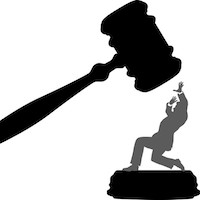
CanStockPhoto
Law and Order
Concepts about law and order closely reflect ideas about freedom and equality. The more laws, most-likely the less freedom; but not necessarily the more equality. Strict laws also often support dictatorial and oppressive regimes. History however also demonstrates how lawlessness often leads to much more human suffering than the oppressions of wealth and power. Though not always, laws can provide a strong foundation for equality. Plato pit those who believe “might makes right” against those proposing a higher, intrinsic quality of the right, the “just.” One side says, “the stronger do whatever they can and the weaker suffer whatever they must.” Opposing views define justice as the “fair,” and Aristotle discussed it in terms of equality saying, “Awards should be given according to merit” and Mill extended this idea to an “equality under the law” for all. Society’s view of punishment and the purpose of punishment also influences its perspective on law and order. If the purpose of punishment is retribution and revenge, laws will evolve in a very different way than if it prioritizes deterrence and rehabilitation. Although still wasting billions of dollars and decades of our court’s time on issues of “intent,” the reality of biological and environmental determinism is steadily making obsolete the antiquated attitude of crime and punishment as revenge.
Quotes (110)
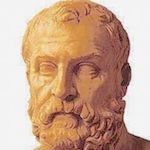
“Laws are like spider webs—if a poor, weak creature touches them, it is caught; but, a big one can break through and get away.”
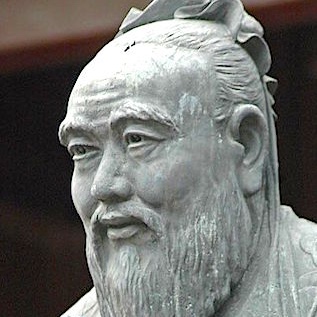
“Good government is that which resorts least to laws and punishments.”
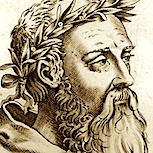
“The laws of men derive from the divine law, which is whole and single, which penetrates as it will to satisfy human purposes, but is mightier than any law know to men.”
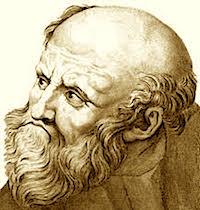 “What is lawful is not binding only on some and not binding on others. Lawfulness extends everywhere, through the wide-ruling air and the boundless light of the sky.”
“What is lawful is not binding only on some and not binding on others. Lawfulness extends everywhere, through the wide-ruling air and the boundless light of the sky.” 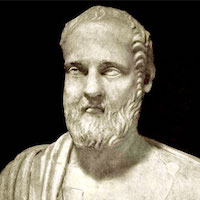
“It was the principle of this Court that deterrent laws, however strict, are useless without positive moral discipline; that the happiness of citizens depends, not on having the walls of their porticoes covered with laws, but on having justice in their hearts.”
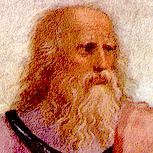
“good people do not need laws to tell them to act responsibly, while bad people will find a way around the laws”
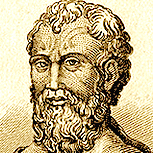
“Where you find the laws most numerous, there you will find also the greatest injustice. Virtue is its own reward.”

“When men are enlightened enough to follow their natural instincts, they will have no need of law-courts or police, will have no temples and no public worship, and use no money”
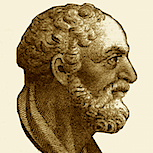
“Where you find the laws most numerous, there you will find also the greatest injustice.”

“If tasks are big and many and are frequently shifted, few of them can be accomplished; if we move a big vessel too often, it will incur many damages; if, when governing a big country, you alter laws and decrees too often, the people will suffer hardships.”
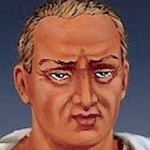
“Law is the highest reason, implanted in Nature; intelligence whose natural function is to command right conduct and forbid wrongdoing; the foundation of liberty, the fountainhead of all justice. We are threfore all slaves of the laws that we may enjoy freedom.”
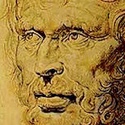
“Mankind, tired out with a life of brute force, lay exhausted from its feuds; and therefore the more readily submitted its own free will to laws and stringent codes.”

“You have heard that it was said, ‘Love your neighbor and hate your enemy.’ But I tell you, love your enemies and pray for those who persecute you’… in everything, do to others what you would have them do to you, for this sums up the Law and the Prophets.”
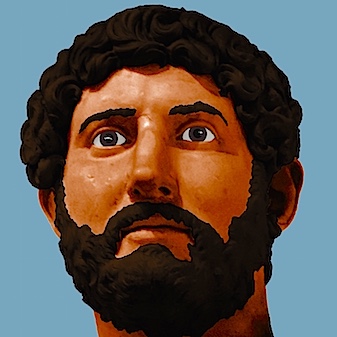
“Laws change more slowly than custom, and though dangerous when they fall behind the times are more dangerous still when they presume to anticipate custom.”
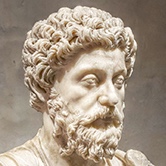
“One Universe made up of all that is; and one God in it all, and one principle of Being, and one Law, The Reason, shared by all thinking creatures, and one Truth.”
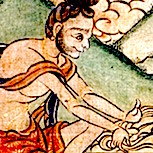
“From time immemorial I have washed out stains but I cannot make charcoal white.”
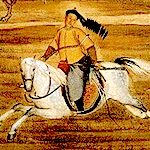
“No unintentional transgression is too great for his leniency… No intentional crime is too small for his punishment.”
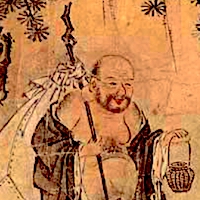
“All is one law, not two. It is as gold and dross, or the moon emerging from a cloud. One path of clear light travels on throughout endless time.”
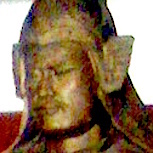
“punishments cannot be relied upon for governing… the more people we kill, the more people break the law. Thus, punishment is not the answer.”
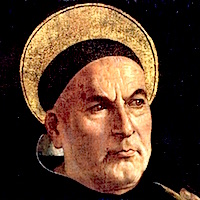
“Law: an ordinance of reason for the common good, made by him who has care of the community.”
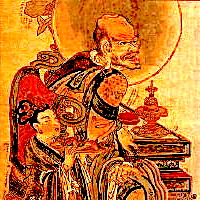
“So long as people, being ill-governed, suffer from hunger, criminals will never disappear. It is extremely unkind to punish those who, being sufferers from hunger, are compelled to violate laws.”

“When I first ascended the throne, the people were unruly and officials corrupt. If ten people were executed in the morning, a hundred were breaking the same law by evening… I turned to the Taoteching… decided to do away with capital punishment and put criminals to work instead. In the year since then, the burdens of my heart have been lightened. Truly, this book is the greatest teacher of kings.”
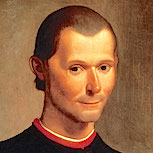
“Religion is the most necessary and assured support of any civil society... there never was a successful lawgiver who did not resort to divine authority, as otherwise his laws would not have been accepted by the people.”

“For if you suffer your people to be ill-educated, and their manners to be corrupted… what else is to be concluded but that you first make thieves and then punish them.”

“Every modern society seems to me to be nothing but a conspiracy of the rich, who while protesting their interest in the common good pursue their own interests and stop at no trick and deception to secure their ill-gotten possessions, to pay as little as possible for the labor that produces their wealth and so force its makers to accept the nearest thing to nothing. They contrive rules for securing and assuring these tidy profits for the rich in the name of the common good, including of course the poor, and call them laws!”

“There is no man so good that if he placed all his actions and thoughts under the scrutiny of the laws, he would not deserve hanging ten times in his life.”

“Robbers and thieves arise from hunger and cold. If people are hungry and have no means to live, they have no choice but to steal. When people steal, it’s because those above force them..”

“Revenge is a kind of wild justice, which the more man's nature runs to, the more ought law to seed it out.”
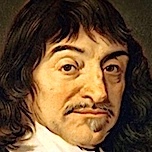
“A state is better governed which has few laws, and those laws strictly observed.”

“All laws which can be violated without doing any one any injury are laughed at. Nay, so far are they from doing anything to control the desires and passions of men that, on the contrary, they direct and incite men's thoughts the more toward those very objects, for we always strive toward what is forbidden and desire the things we are not allowed to have. And men of leisure are never deficient in the ingenuity needed to enable them to outwit laws framed to regulate things which cannot be entirely forbidden... He who tries to determine everything by law will foment crime rather than lessen it.”

“Laws are like cobwebs, which may catch small flies, but let wasps and hornets break through.”
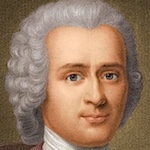
“In truth, laws are always useful to those with possessions and harmful to those who have nothing; from which it follows that the social state is advantageous to men only when all possess something and no one has too much.”

“frequent punishments are a sign of weakness or slackness in the government. There is no man so bad that he cannot be made good for something.”
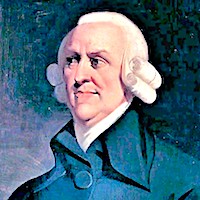
“any new law or regulation of commerce ought always to be listened to with great precaution... It comes from an order of men, whose interest is never exactly the same with that of the public, who have generally an interest to deceive and even to oppress the public, and who accordingly have, upon many occasions, both deceived and oppressed it.”
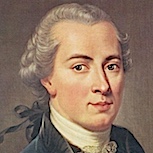
“Two things fill the mind with ever new and increasing wonder and awe—the starry heavens above me and the moral law within me.”
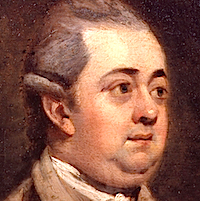
“this pestilence… produced two strong and irreconcilable factions… Every law, either human or divine, was trampled under foot; and as long as the party was successful, its deluded followers appeared careless of private distress or public calamity.”
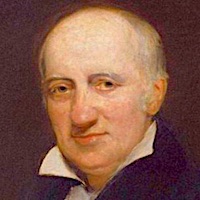
“Law is an institution with the most pernicious tendency. Once begun, it can never be brought to a close because no new action is ever the same as any other action. As new cases occur, the law is perpetually found deficient. It is therefore perpetually necessary to make new laws.”

“The laws of the Jews were the basest and most oppressive of human codes and—being like all other codes given under the pretense of divine command—were... the Abomination that maketh desolation, i.e. State Religion which is the source of all Cruelty.”

“vulgar minds who are swayed by all kinds of current opinions, authorities, and prejudices, are like the people which in silence obey the law and commands.”
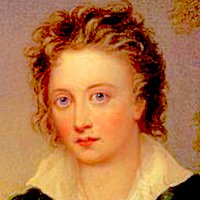
“The secret strength of things which governs thought, and to the infinite dome of heaven is as a law”
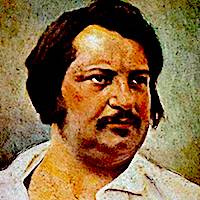
“Laws are spider webs through which the big flies pass and the little ones get caught.”
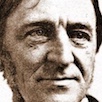
“a country where knowledge cannot be diffused without the perils of mob law and statute law... that country is, in all these respects, not civil, but barbarous”
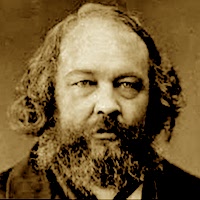
“All law has for its object to confirm and exalt into a system the exploitation of the workers by a ruling class.”
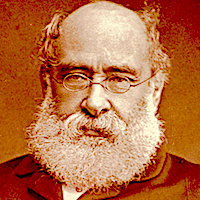
“Then in this country a man is to be punished or not, according to his ability to fee a lawyer!”
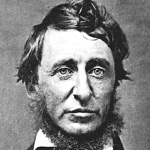
“Law never made men a whit more just; and, by means of their respect for it, even the well-disposed are daily made the agents of injustice.”

“It is not desirable to cultivate a respect for the law, so much as for the right. The only obligation which I have a right to assume is to do at any time what I think right.”
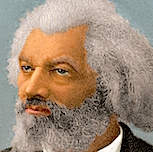
“Where justice is denied, where poverty is enforced, where ignorance prevails, and where any one class is made to feel that society is an organized conspiracy to oppress, rob and degrade them, neither persons nor property will be safe.”
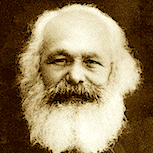
“Law, morality, religion, are to him (the proletarian) so many bourgeois prejudices, behind which lurk in ambush just as many bourgeois interests.”
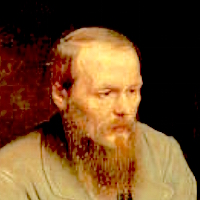
“Let other nations think of retribution and the letter of the law. We will cling to the spirit and the meaning—the salvation and reformation of the lost.”
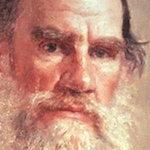
“The real law lives in our hearts. If our hearts are empty, no law or political reform can fill them.”

“Laws are the product of selfishness, deception, and party prejudice. Trust justice is not in them and cannot be in them.”
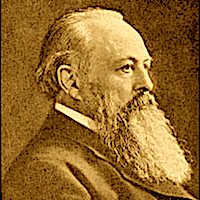
“The law of liberty tends to abolish the reign of race over race, of faith over faith, of class over class. It is not he realizatin of a political idewal: it is the discharge of a moral obligation.”
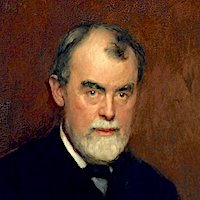
“For property is robbery, but then, we are all robbers or would-be robbers together, and have found it essential to organize our thieving, as we have found it necessary to organize our lust and our revenge. Property, marriage, the law; as the bed to the river, so rule and convention to the instinct; and woe to him who tampers with the banks while the flood is flowing.”

“For property is robbery, but then, we are all robbers or would-be robbers together, and have found it essential to organize our thieving, as we have found it necessary to organize our lust and our revenge. Property, marriage, the law; as the bed to the river, so rule and convention to the instinct; and woe to him who tampers with the banks while the flood is flowing.”
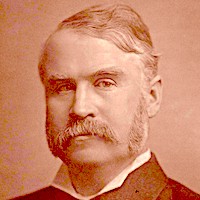
“And whether you're an honest man, or whether you're a thief,
Depends on whose solicitor has given me my brief.”
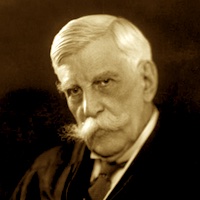
“The law embodies the story of a nation's development through many centuries, and it cannot be dealt with as if it contained only the axioms and corollaries of a book of mathematics.”
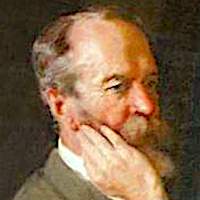
“Science, like life, feeds on its own decay. New facts burst old rules; then newly divined conceptions bind old and new together into a reconciling law.”
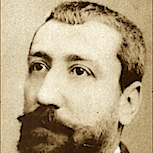
“The poor have to labor in the face of the majestic equality of the law, which forbids the rich as well as the poor to sleep under bridges, to be in the streets, and to steal bread.”
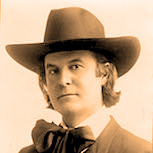
“Judges demand precedent to keep in line with public opinion. But since public opinion is constantly changing, precedent is the one thing they should avoid.”
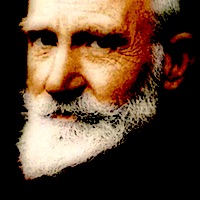
“Crime is only the retail department of what in wholesale, we call penal law.”
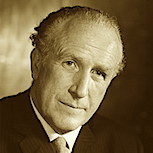
“Equality before the Law, is thus a contradiction in terms for Law itself is an incarnation of Inequality. It is true only in the subjective sense, that all who OBEY the Law are equally the servants of those who make it or caused it to be made.”

“What is your ‘civilization and progress‘ if its only outcome is hysteria and down going? What is ‘government and law‘ if their ripened harvests are men without sap? What are ‘religions and literatures‘ if their grandest productions are hordes of faithful slaves?”
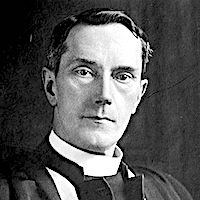
“It is useless for the sheep to pass resolutions in favor of vegetarianism, while the wolf remains of a different opinion.”
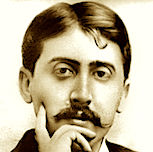
“In my most desperate moments, I have never conceived of anything more horrible than a law office.”

“Government can easily exist without law, but law cannot exist without government... government is necessary if anything worthy to be called civilization is to exist, but all history shows that any set of men entrusted with power over another set will abuse their power if they can do so with impunity.”
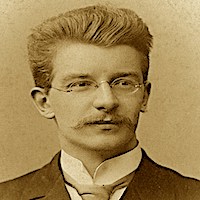
“The fundamental idea is that Tao, though itself motionless, is the means of all movement and gives it law... The original meaning is that of a 'track which, though fixed itself, leads from the beginning directly to the goal.'”
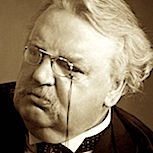
“We do not need to get good laws to restrain bad people. We need to get good people to restrain us from bad laws.”

“Those who are too lazy and comfortable to think for themselves and be their own judges obey the laws. Others sense their own laws within them.”
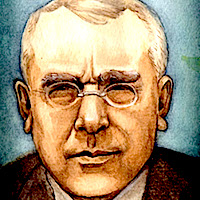
“In existing criminology there are concepts like a criminal man, a criminal profession, a criminal society, a criminal sect, and a criminal tribe; but there is no concept of a criminal state, or a criminal government, or criminal legislation. Consequently, the biggest crimes actually escape being called crimes.”
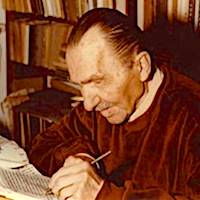
“once more I was overcome with admiration for the world's secret harmony., Men and animals are governed by the same utterly simple laws.”

“The Locrians required any man who wished to propose a new law to speak with a rope around his neck, so that, if his motion failed, he might be hanged with a minimum of public inconvenience.”

“The first stage in the evolution of law is personal revenge... It appears in Roman and Mosaic Law, the Code of Hammurabi... and lurks behind most legal punishments even in our day. The second step was the substitution of damages for revenge.”
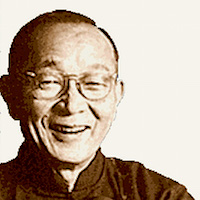
“People need to learn how to regulate their lives socially and not just rely upon the law. The law should be the resort of the scoundrel... for 4000 years, China had no police.”

“Where there are too many policemen, there is no liberty. Where there are too many soldiers, there is no peace. Where there are too many lawyers, there is no justice.”

“The anarchy of competing sovereign states must lead to war sooner or later. Therefore we must have law, enforced by a world organization attained through world co-operation and community.”
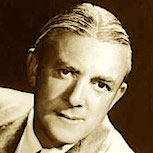
“… crime was very rare, partly because only serious things were considered crimes, and partly because everyone enjoyed a sufficiency of everything he could reasonably desire.”
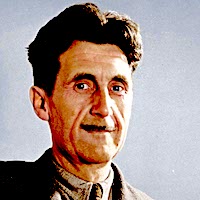
“It is always necessary to protect peaceful people from violence. In any state of society where crime can be profitable you have got to have a harsh criminal law and administer it ruthlessly.”
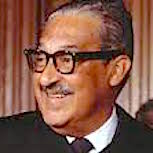
“The death penalty is no more effective a deterrent than life imprisonment… It is also evident that the burden of capital punishment falls upon the poor, the ignorant and the – underprivileged members of society.”
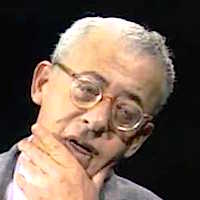
“Mendoza said to Tanner, ‘I am a brigand; I live by robbing the rich.’ Tanner replied, ‘I am a gentleman; I live by robbing the poor. Shake hands.’”

“In this world laws are written for the lofty aim of ‘the common good’ and then acted out in life on the basis of the common greed.”
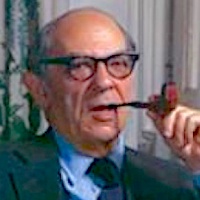
“In the ideal society, composed of wholly responsible beings, laws, because I should scarcely be conscious of them, would gradually wither away.”
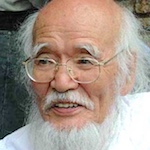
“Only one law would suffice—a law stating that houses not be clustered together, but built at least 100 yards from each other.”
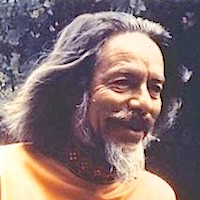
“Governments maintain this sense in a mild form by seeing to it that the laws are so complex that every citizen is inadvertently guilty of some crime, making it possible to convict anyone when convenient.”
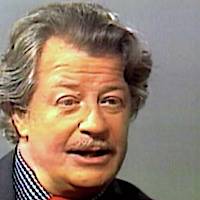
“The law may upset reason but reason may never upset the law, or our whole society will shred like an old tatami.”
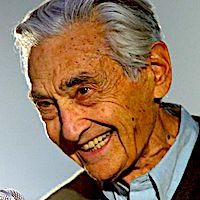
“In such a world, the rule of law maintains things as they are. Therefore, to begin the process of change, to stop a war, to establish justice, it may be necessary to break the law, to commit acts of civil disobedience, as Southern black did, as antiwar protesters did.”
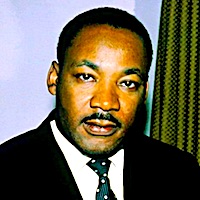
“It may be true that the law cannot make a man love me, but it can keep him from lynching me, and I think that’s pretty important.”
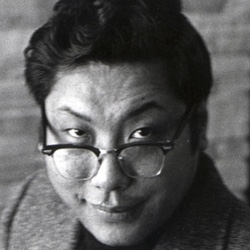
“If there isn’t any format; there’s no freedom. Freedom has to come from structure… freedom itself exists in structure.”

“The conventional moral law purely has to do with relating with your conscience rather than dealing with situations… that means you don’t actually relate with the situation at all; you don’t even have any idea of understanding.”

“I am intrigued by the arguments of those who claim to follow the judicial doctrine of original intent. How do they know it was the dearest wish of Thomas Jefferson's heart that teen-age drug dealers should cruise the cities of this nation perforating their fellow citizens with assault rifles? Channelling?”

“A people inspired by democracy, human rights and economic opportunity will turn their back decisively against extremism.”
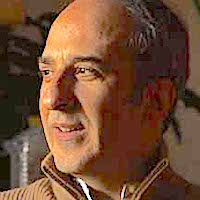
“Genghis Khan... brought with him an all-embracing openness, a religious tolerance based on shamanic principles that was almost as much of a threat to his enemies as anything else. He introduced not just the idea but the reality of international law and trade and travel, and helped lay the foundations for the modern world.”
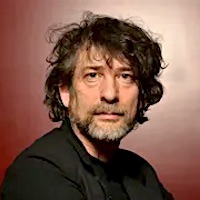
“I believe [...] that while all human life is sacred there’s nothing wrong with the death penalty if you can trust the legal system implicitly, and that no one but a moron would ever trust the legal system.”

“too many leaders of companies... justify their actions as within the law while ignoring the intention of the laws they aim to uphold.”

“Our judicial and political systems largely try to sweep such inconvenient discoveries [science undermining beliefs in an indivisible, immutable self] under the carpet. But how long can we maintain the wall separating the department of biology from the departments of law and political science?”

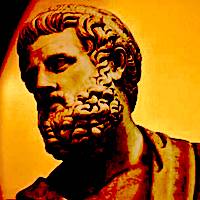

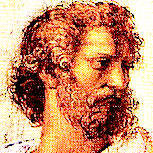

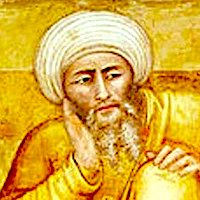
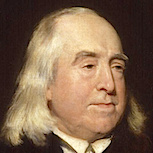
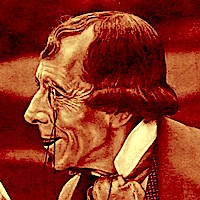
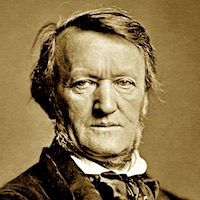
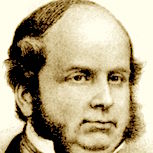


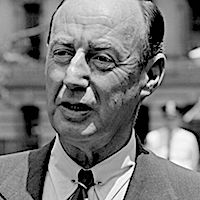

Comments (0)